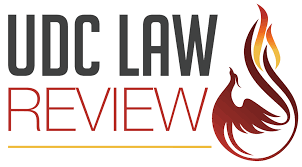
Abstract
Imagine an average young man on the threshold of adulthood, living in a medium-sized town in a middle-class family. Still in his early years, he gets into a little local trouble and one day finds the police at his door. They ask him questions about a burglary. He panics, and as he racks his brain for some scrap of legal knowledge that might get him out of this frightening situation, he admits that he knows about the crime, stating he was there. The police become more persistent, telling him they know about his involvement, asking him if he wants to talk; finally they read him his Miranda rights. Confused and afraid, he confesses again. The United States Supreme Court believes that this young man understood the Miranda warnings at this crucial moment, waived them with a voluntary confession; thus he sealed his own fate.
First Page
63
Recommended Citation
Claudia R. Barbieri,
Oregon v. Elstad Revisited: Urging State Court Judges To Depart From The U.S. Supreme Court's Narrowing Of Miranda,
4
U.D.C. L. Rev.
63
(1998).
Available at:
https://digitalcommons.law.udc.edu/udclr/vol4/iss1/8
Included in
Courts Commons, Fourteenth Amendment Commons, Judges Commons, State and Local Government Law Commons, Supreme Court of the United States Commons

